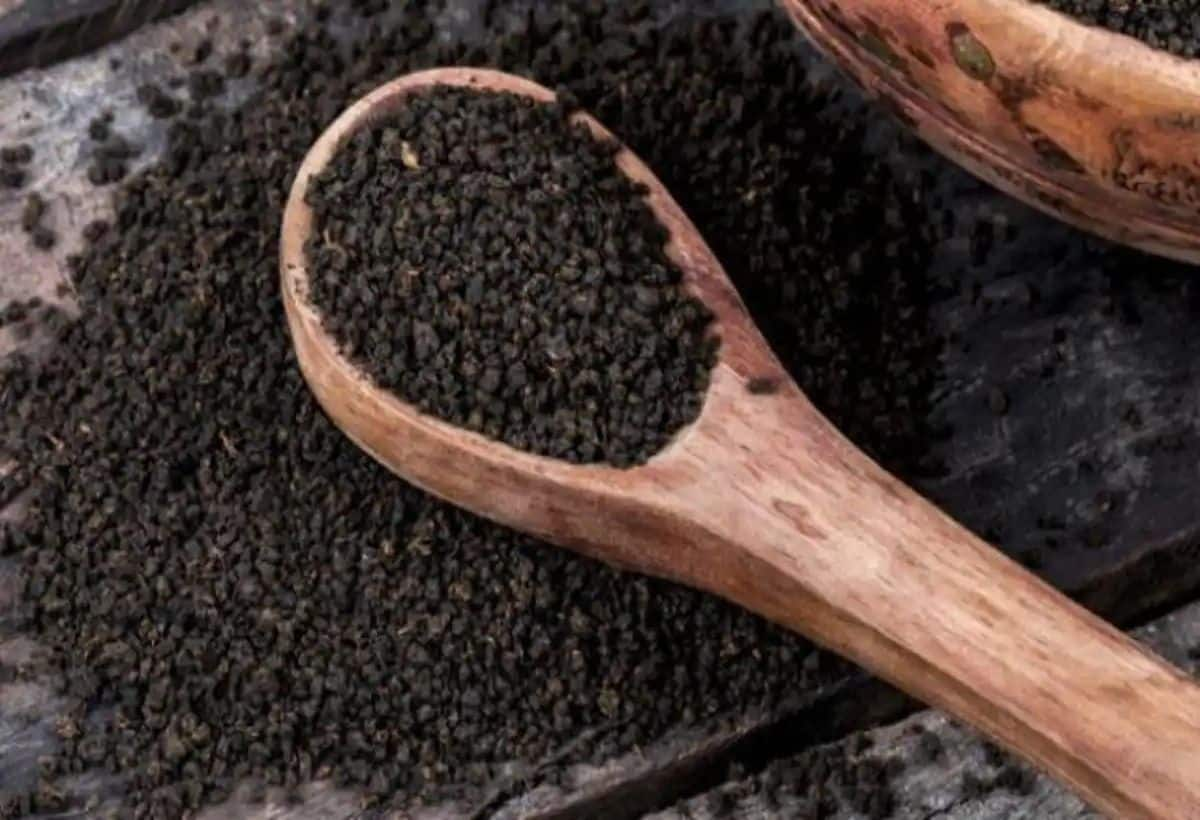The Rising Concerns Over Pesticide-Ridden Tea Leaves in India
Tea is more than just a beverage in India; it is a cultural staple that kick-starts the day for millions. With regions like Assam and Darjeeling famed for producing some of the finest tea leaves in the world, the demand for quality tea remains high both nationally and internationally. However, recent revelations about the quality of these beloved tea leaves have raised alarming health concerns.
Raids Uncover Shocking Pesticide Levels
The Food and Drug Administration (FDA) of Maharashtra has initiated a series of raids on the Sapat Parivar Tea Company after detecting high levels of harmful pesticides in their tea products. These findings have sparked outrage among tea consumers across the nation, with reports stating that certain products, such as Sahyadri Hard and Sapat Hotel Dust, contained pesticide residues significantly exceeding the permissible limits.
Why Are Pesticide Levels Rising?
The increase in pesticide usage can be attributed partially to changing climatic conditions. Global warming has led to unpredictable weather patterns, bringing about heavy rains followed by long droughts. These conditions have created a surge in insect populations, compelling tea growers to resort to more aggressive pest control measures. Unfortunately, this often results in tea leaves being harvested before the chemicals have adequately dissipated, leaving toxic residues that can jeopardize consumer health.
The Health Risks of Contaminated Tea
Tea with high pesticide levels poses serious health risks. Drinking contaminated tea may lead to various health issues, including:
| Health Issue | Symptoms |
|---|---|
| Gastrointestinal Problems | Upset stomach, diarrhea, cramps |
| Allergic Reactions | Swelling, nausea |
What Can Consumers Do?
In light of these developments, tea lovers must exercise caution. It’s essential for consumers to stay informed and consider choosing brands that prioritize organic farming practices and transparency regarding pesticide use. Supporting local producers who adhere to sustainable methods can also help mitigate the risks associated with chemical residues in tea.
The Path Forward
As the demand for tea continues to thrive, it is imperative for industry stakeholders to adopt safer agricultural practices and work towards stricter regulations regarding pesticide use. Only through collective efforts can we ensure that the health of consumers is protected while preserving the rich tradition of tea drinking that is so integral to Indian culture.












